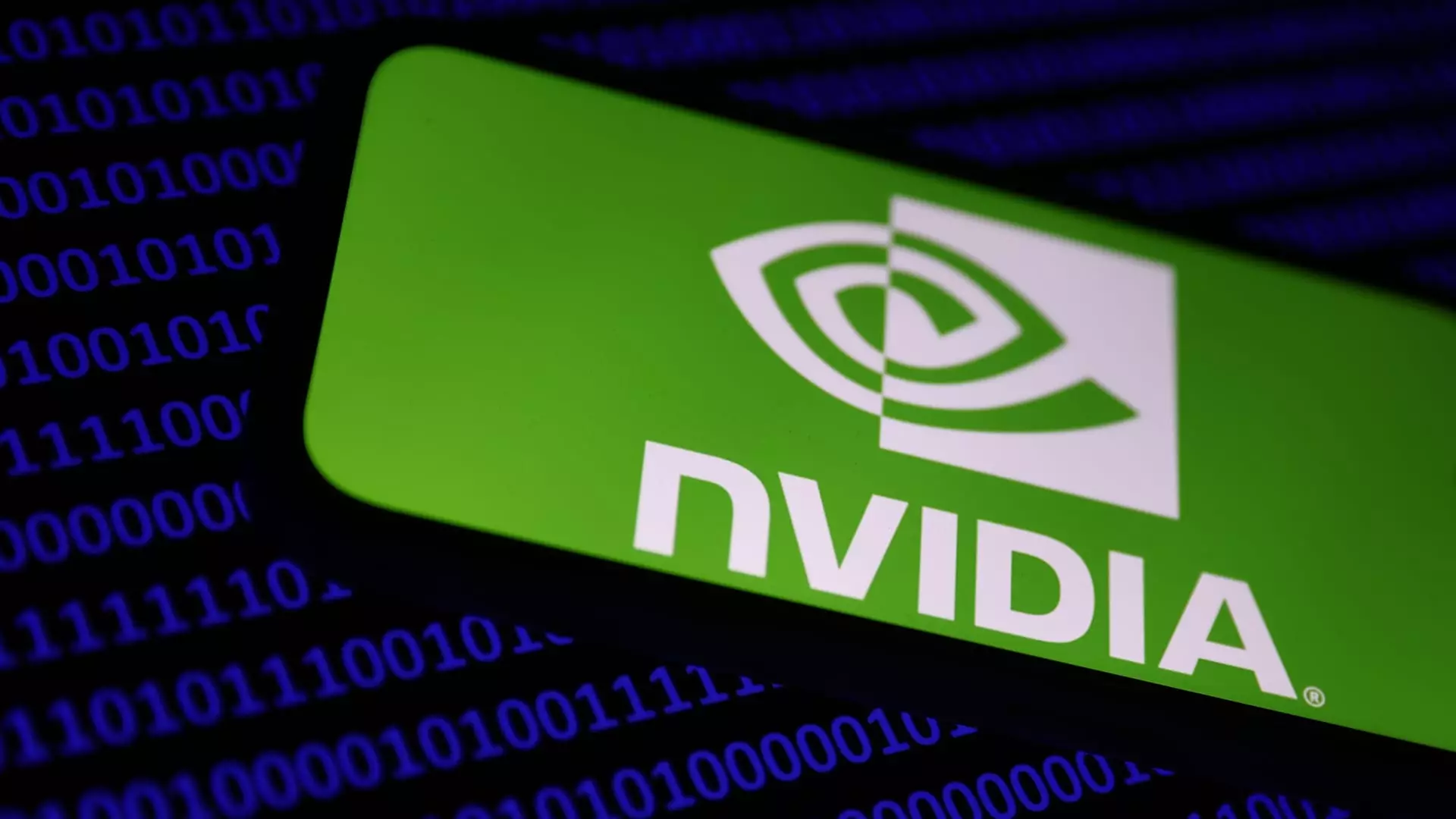In the rapidly evolving domain of artificial intelligence (AI), states are vying for technological supremacy, particularly in the wake of the pandemic which has accelerated digital transformation globally. Saudi Arabia, a nation traditionally recognized for its oil wealth, is increasingly positioning itself as an emerging leader in AI innovation. This shift aligns with its broader Vision 2030 initiative, aimed at diversifying its economy and reducing its dependency on fossil fuels. Recent communications from key officials, notably Abdulrahman Tariq Habib of the Saudi Data and AI Authority (SDAIA), illustrate the kingdom’s strategic pursuit of cutting-edge technology, specifically Nvidia’s advanced chips, to fuel its ambitions.
During a recent appearance at GAIN, an international AI summit held in Riyadh, Habib expressed optimism regarding Saudi Arabia’s prospects of gaining access to Nvidia’s high-performance chips in the coming year. His comments reflect not only anticipation but also a deep understanding of the implications such access would have on the nation’s AI trajectory. The implication that access to these chips—specifically the Nvidia H200—could lead to significant computational advancements highlights the critical role that high-performance computing plays in developing sophisticated AI models. Habib’s assertion underscores a strategic pivot that could catalyze greater collaboration between the U.S. and Saudi Arabia in technological domains, establishing the kingdom as a key player in global AI discourse.
However, Saudi Arabia’s ambitions are tempered by the intricate web of U.S. export controls aimed at preventing sensitive technologies from falling into the hands of rival nations, particularly China. The Biden administration’s expanded restrictions have added layers of complexity to Saudi Arabia’s pursuit of advanced semiconductors. The U.S. government’s requirement for special licenses to export technology to countries identified as security risks, including Saudi Arabia, reflects a broader national security strategy. These geopolitical dynamics not only complicate Riyadh’s technological aspirations but also illustrate the intricate balancing act it must perform in its relationships with superpowers like the United States and China.
Despite these challenges, Saudi Arabia remains resolute in its commitment to developing a robust AI ecosystem. A recent report disclosed that the kingdom aspires for AI to contribute 12% to its GDP by 2030—a remarkable target reflecting its ambition to reshape its economic landscape. This initiative is underpinned by substantial financial backing from the Public Investment Fund (PIF), which is expected to spearhead investments that facilitate the growth of AI technologies. Furthermore, potential collaborations with high-profile venture capital firms, such as Andreessen Horowitz, could generate a $40 billion fund aimed at nurturing AI startups and projects, signaling the kingdom’s seriousness in establishing itself as a hub of technological innovation.
The potential easing of U.S. export regulations serves as a glimmer of hope for Saudi Arabia’s technological aspirations. Habib’s reference to the ongoing collaboration between Riyadh and Washington signifies a budding partnership aimed at fostering growth in the AI sector. This relationship is pivotal, as it not only enhances Saudi Arabia’s technological capabilities but also aligns with the U.S. strategy of engaging partners against the backdrop of growing competition with China. However, the kingdom’s robust trade relationship with Beijing complicates matters further. With China being a major trading partner and investor in Saudi Arabia’s Vision 2030, Riyadh is in a delicate position, tactfully managing its diverse international relationships.
Saudi Arabia’s foray into the AI realm exemplifies a broader trend where nations harness technology to redefine their global positioning. As it navigates the dual challenges of export restrictions and foreign relations, its commitment to building an AI-driven economy remains unwavering. By investing heavily in technology and fostering collaborations, the kingdom aspires to not only enhance its own capabilities but also emerge as a critical player in the global AI ecosystem. The road ahead may be fraught with challenges, but the strategic maneuvers undertaken by Saudi Arabia, as evidenced by its dialogue with the U.S. and other nations, symbolize a concerted effort to carve out a significant presence in the future of artificial intelligence.


Leave a Reply